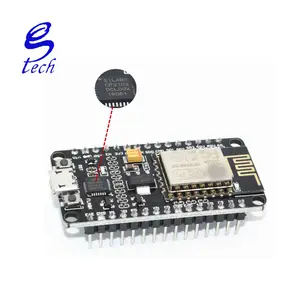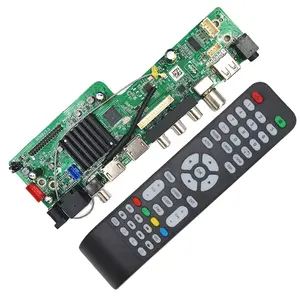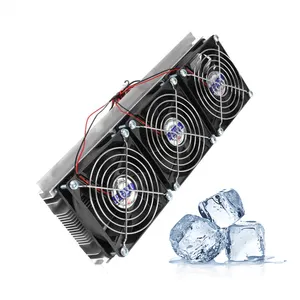Popular in your industry



























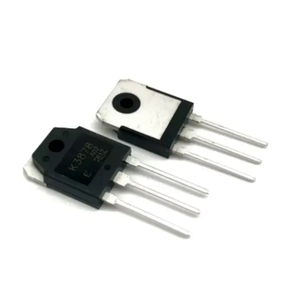
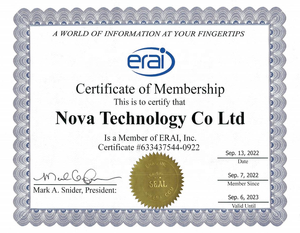


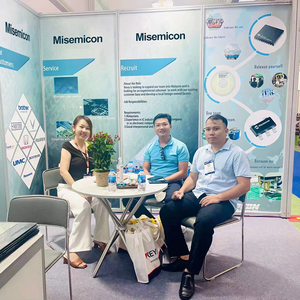







































Related Searches:












































































































Top categories
About gate transistor
Understanding Gate Transistors
Gate transistors are fundamental components in modern electronics, serving as the building blocks for a multitude of circuit applications. These devices regulate current flow, functioning as switches or amplifiers within electronic circuits. Their operation is based on semiconductor materials that can control electron flow, a principle critical to the functionality of various electronic devices.
Types and Configurations
Transistors come in several types, each with unique characteristics suited for different applications. The insulated gate bipolar transistor (IGBT) and gate bipolar transistor are two such variants, offering a blend of high efficiency and fast switching. Another classification is based on the internal structure, such as PMOS and NMOS transistors, which differ in the type of charge carrier that dominates their operation. Additionally, the configuration of transistors into logic gates and transistors forms the basis of digital electronics, enabling the construction of complex computational systems.
Applications and Features
Gate transistors are integral in creating transistor transistor logic gates, which are used to perform logical operations in computing. The versatility of transistors also extends to their use in creating and gate from transistors, where multiple inputs can control a single output. This is pivotal in designing circuits that require precise control over current flow. Moreover, the floating gate transistor, a type of non-volatile memory, highlights the diverse applications of gate transistors, storing information even when the power is turned off.
Materials and Advantages
The materials used in gate transistors, such as silicon, are chosen for their semiconductor properties, which are essential for the controlled movement of electrons. The floating gate MOSFET is an example where these materials enable the device to retain an electrical charge and, thus, store information. The advantages of using gate transistors in circuits include their small size, low power consumption, and high reliability, which make them indispensable in modern electronic design.
Selection Considerations
When selecting a gate transistor for a project, it is crucial to consider the current and voltage tolerances, which vary across different types of transistors. For instance, choosing between a JFET and MOSFET involves understanding their distinct mechanisms for controlling current. It is also important to consider the logic functions required, such as a not gate transistor, which inverts the input signal. Consulting datasheets for specifications is essential to ensure compatibility with the intended application.
Conclusion
In conclusion, gate transistors are versatile components that play a critical role in the functionality of electronic circuits. Whether it is for amplifying signals or for creating complex logic networks, understanding the various types and their specific applications is key to harnessing their full potential. With a wide range of gate transistors available, engineers and designers can find the appropriate type to meet the precise requirements of their electronic projects.


